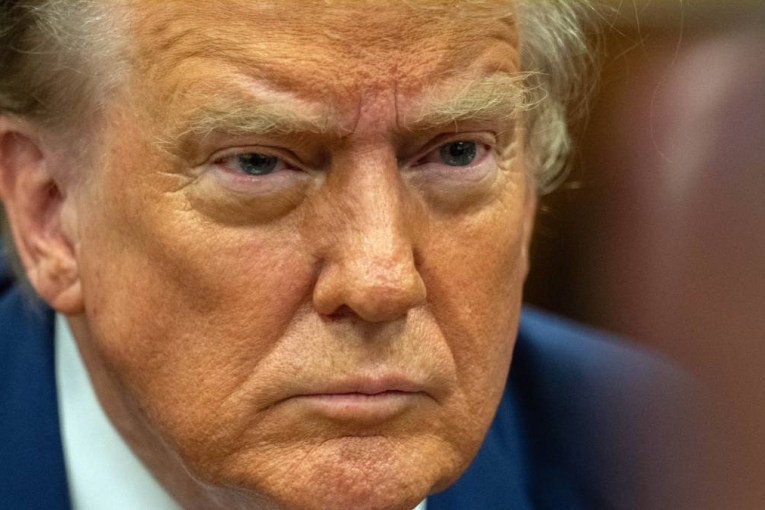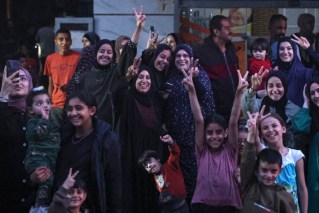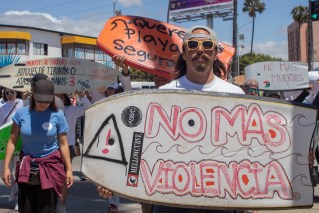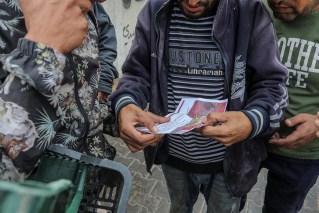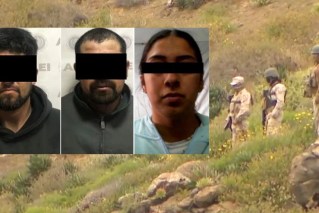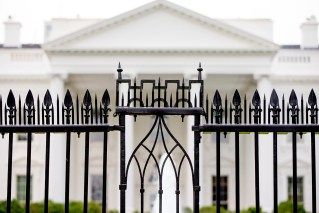Killer denies radicalisation
San Bernardino shooter Tashfeen Malik denied having any militant sympathies or intentions on an application form for a US visa two years ago.
Information in the documents described to Reuters could bolster complaints of critics in Congress who said flaws in the immigration system meant Malik was not thoroughly investigated.
But the papers also showed that statements by Malik and her husband and fellow shooter Syed Rizwan Farook, did not raise any alarms among authorities that they were potential Islamic State militants.
• More San Bernardino charges laid
• FBI: shooters were radicalised
• Trump extends Republican lead
US-born Farook said they first met in person and became engaged during the October 2013 Haj pilgrimage to Mecca with their respective families, according to other documents released by a congressman on Tuesday.
They showed precisely what Malik and Farook stated to immigration officials when Malik went to the US in December 2013, two years before their deadly shooting rampage in California that killed 14 people and wounded 21 at a municipal holiday party.
In one part of Malik’s immigration file, described to Reuters by congressional sources, Malik answered “no” to questions about her background and activities, including whether she had ever used or sold weapons or engaged in “terrorist activity”.
The questions were included as part of a permanent residence application, a Form I-485 used by the Department of Homeland Security’s immigration unit. The process began in January 2014 and it was approved on July 27 the same year.
Officials familiar with the investigation have said that it was discovered after the December 2 shootings that Malik began sending private messages by social media expressing sympathy for Islamist militancy before her US visa was granted.
Farook, 28, and Malik, 29, parents of a six-month-old child, were killed in a shootout with police after their attack.
